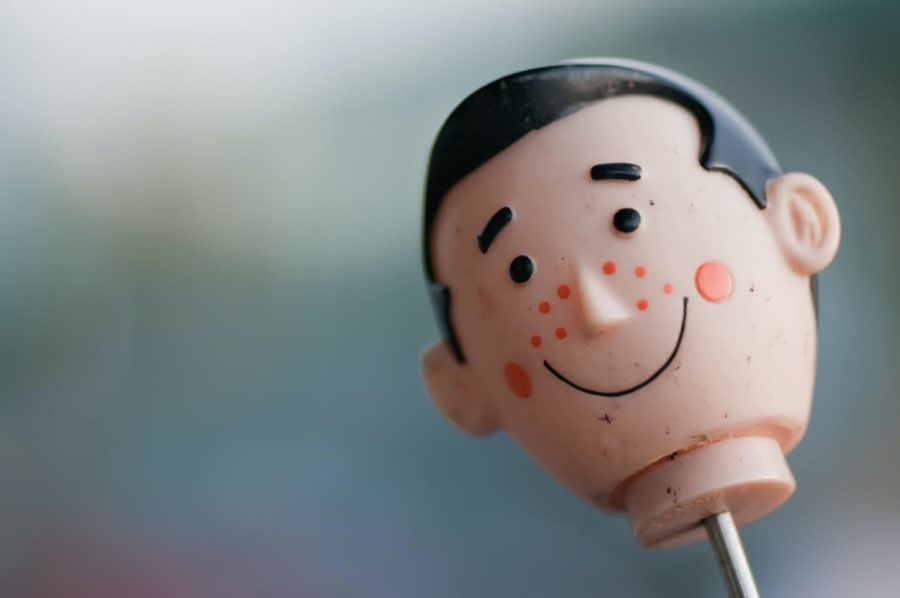Mask acne and how to prevent it
October 19, 2020
While masks are incredibly important for stopping the spread of COVID-19, for certain individuals they can pose a much smaller, but yet still inconvenient issue.
“We’re seeing lots of flares of acne, especially a type called perioral dermatitis, which tends to happen typically around the mouth and in the areas around the nose,” said board certified Dr. Seemal Desai, an assistant professor at the University of Texas Southwestern Medical Center.
Since mask wearing may not be going away anytime soon, it is important to know how to properly treat your skin and your mask in order to keep the pesky spots gone.
Wash your masks
To avoid “maskne,” it is recommended to wash reusable masks after each use. It is also helpful to own multiple masks so you have a clean one at all times while others are being washed. According to a Loma Linda University Health article, associate professor, Ryan Sinclair, said viruses can live on cloth for as long as eight to 12 hours. Sinclair also said it is necessary to wash your hands with soap and water before and after handling a mask. When washing your mask, it is important to remove any detachable parts such as removable filters. It’s also recommended to put your mask in a mesh laundry bag for the washer. Loma Linda University recommends that you wash your mask on a washer’s high temperature setting or in 140 degree Fahrenheit water. If your washing machine has a sanitize mode, this is also recommended. A disinfectant or bleach detergent is recommended to kill as many germs as possible. Masks should be dried in direct sunlight or on the dryer’s highest temperature setting in order to kill germs as well.
Wash your face regularly
It is important to put a clean mask on a clean face. Washing your face regularly will help rid your face of bacteria and limit your chances of getting maskne. It also helps to not wear makeup underneath your mask, which can clog up your pores.
Choosing the Correct Products for Your Skin
For many individuals, it can sometimes be difficult to know what products to use for their skin type. Some people may not even know exactly what different skin types are. Most people will generally fall into the range of oily skin, dry skin or a combination, which can mean oily in some places but dry in others. If you have more oily skin, trying a face wash with salicylic acid can be a good option for trying to stop acne in its tracks as salicylic acid will often dry out blemishes and stop more from producing. For those with dryer skin, using a hydrating gel cream or moisturizer that is oil free can help keep pores from clogging up and creating acne but will not irritate sensitive areas. And for everybody, a good cleanser that is used every night to remove excess makeup, sweat and moisture from the face will always be a good choice to make sure your skin is ready for every day that comes. Some specific products that have been made to combat mask acne include the Mask Relief Mist from the brand Untamed Humans and anti-acne face masks by the brand MDacne, which are masks specifically infused with acne-fighting ingredients.
Know your Masks
At the beginning of the pandemic, many of us were simply scrambling to get our hands on any mask we could find. However, now that face coverings have largely become the norm, it is important for individuals to find masks that work for them and their day-to-day life. For fabrics, cotton is generally much less irritating than synthetic fabrics and can work best to keep your skin from seeing many breakouts. It can also be helpful if you can find a mask with a slightly looser fit. While it is important for a mask to be able to block particles from spreading, finding one that will still do the job while not being so close to your skin can help the particles from creating spots on your face as well.
Although masks might be here for a while, there are steps you can take to prevent suffering from mask-related acne. Washing your mask not only takes care of your skin, but your physical health as well, and helps to mitigate the spread of COVID-19.







